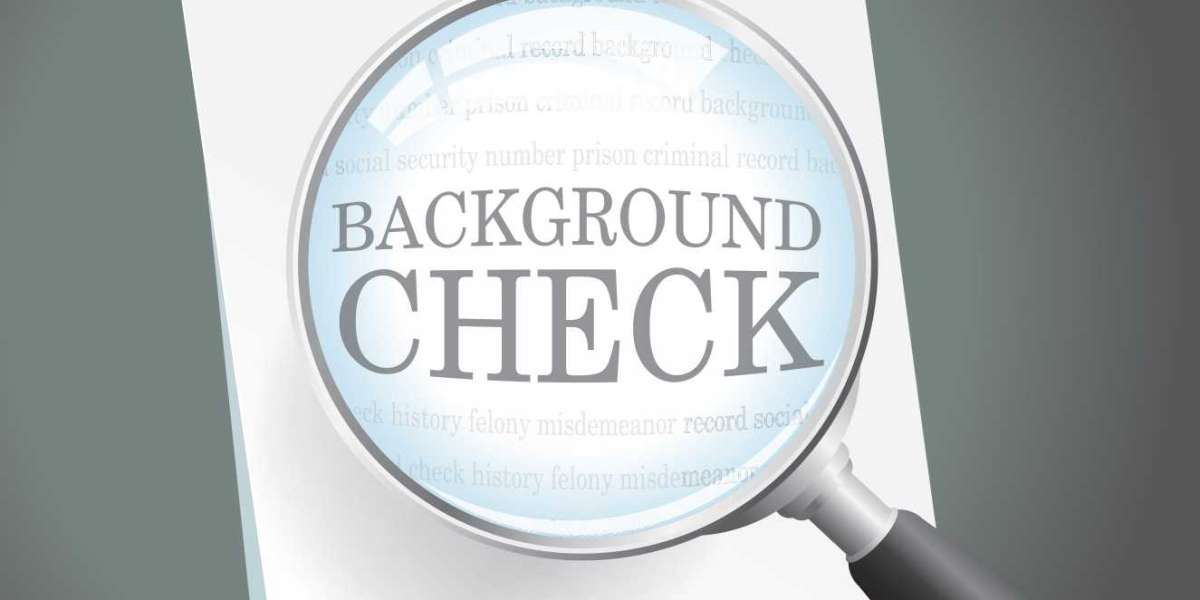Background checks are a standard procedure used by employers, landlords, financial institutions, and various organizations to gather information about an individual's history and background. These checks provide valuable insights into an individual's past and help assess their suitability for employment, tenancy, or other purposes. The layers of information included in a Background Check, exploring the various components and sources of data used to paint a comprehensive picture of an individual's background.
Personal Information:
The foundation of any background check typically begins with gathering basic personal information about the individual. This includes details such as their full name, date of birth, social security number, current and previous addresses, and contact information. Personal information serves as the starting point for conducting further research into an individual's background.
Criminal History:
One of the most crucial aspects of a background check is assessing an individual's criminal history. This involves searching various databases, including county, state, and federal criminal records, to uncover any past convictions or run-ins with the law. Depending on the scope of the background check, this may include misdemeanors, felonies, arrests, warrants, and sex offender registry records.
Employment History:
Employment history is another key component of a background check, particularly for employment screening purposes. Employers typically verify an individual's work history, including past employers, job titles, dates of employment, and reasons for leaving previous positions. This helps employers assess an individual's qualifications, experience, and reliability in the workplace.
Education Verification:
Education verification involves confirming an individual's educational background, including degrees, diplomas, certifications, and attendance at educational institutions. This may include verifying graduation dates, majors or fields of study, and any honors or awards received. Education verification helps employers assess an individual's qualifications and credentials for specific roles or positions.
Credit History:
For certain positions, particularly those involving financial responsibilities or access to sensitive information, employers may conduct a credit history check. This involves reviewing an individual's credit report to assess their financial history, including credit card accounts, loans, mortgages, and payment history. Credit history checks help employers evaluate an individual's financial responsibility and integrity.
Driving Record:
For positions that involve driving company vehicles or operating machinery, employers may request a copy of an individual's driving record. This includes information such as traffic violations, accidents, license suspensions or revocations, and DUI convictions. A driving record check helps employers assess an individual's driving history and overall risk when performing job-related tasks.
Reference Checks:
Reference checks involve contacting individuals who can provide insight into an individual's character, work ethic, and performance. This may include former employers, supervisors, colleagues, or personal references. Reference checks help employers gather additional information about an individual's background and assess their suitability for a particular role or position.
Professional License Verification:
For certain professions that require specialized licensure or certification, employers may conduct professional license verification. This involves confirming an individual's professional licenses, certifications, or credentials with the relevant licensing boards or authorities. Professional license verification ensures that individuals possess the necessary qualifications and credentials to perform specific job duties.
Social Media and Online Presence:
In today's digital age, employers may also include social media and online presence checks as part of a background investigation. This involves reviewing an individual's social media profiles, online activity, and digital footprint to assess their behavior, reputation, and suitability for employment. Social media checks help employers gauge an individual's professionalism, judgment, and alignment with company values.
International Background Checks:
For individuals who have lived, worked, or studied internationally, employers may conduct international background checks to gather information from foreign countries. This may involve verifying employment and education credentials, conducting criminal record checks, and assessing any other relevant information from international sources. International background checks help employers ensure a comprehensive assessment of an individual's background, regardless of geographic location.
Conclusion:
A background check is a multifaceted process that involves gathering and analyzing various layers of information about an individual's history and background. From personal information and criminal history to employment verification and education credentials, a Background Check provides valuable insights into an individual's past and helps assess their suitability for employment, tenancy, or other purposes. By understanding the components and sources of data included in a background check, individuals and organizations can make informed decisions and ensure a thorough assessment of an individual's background.





